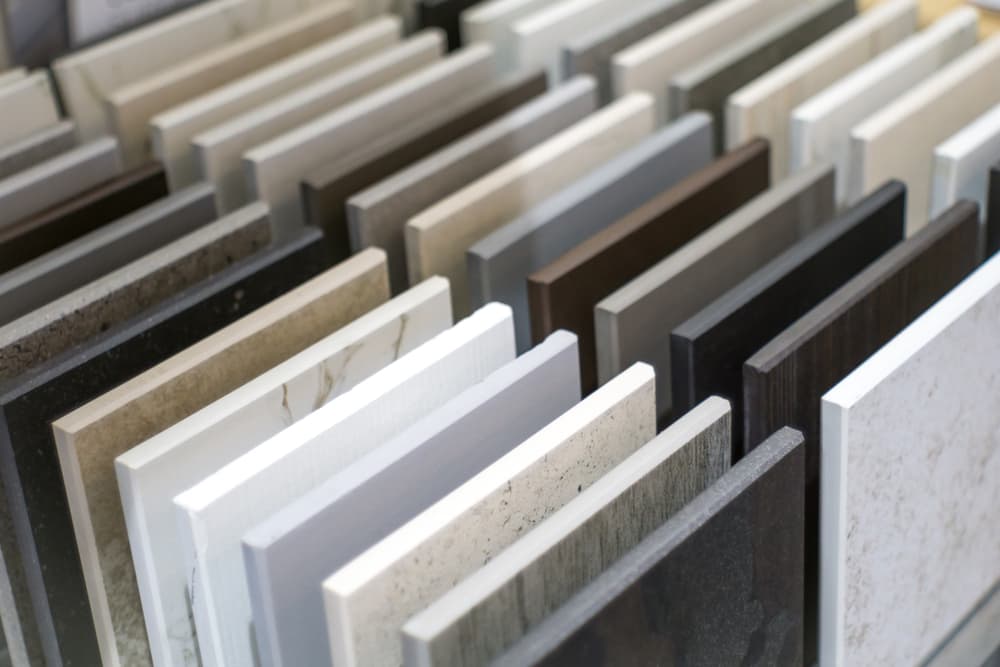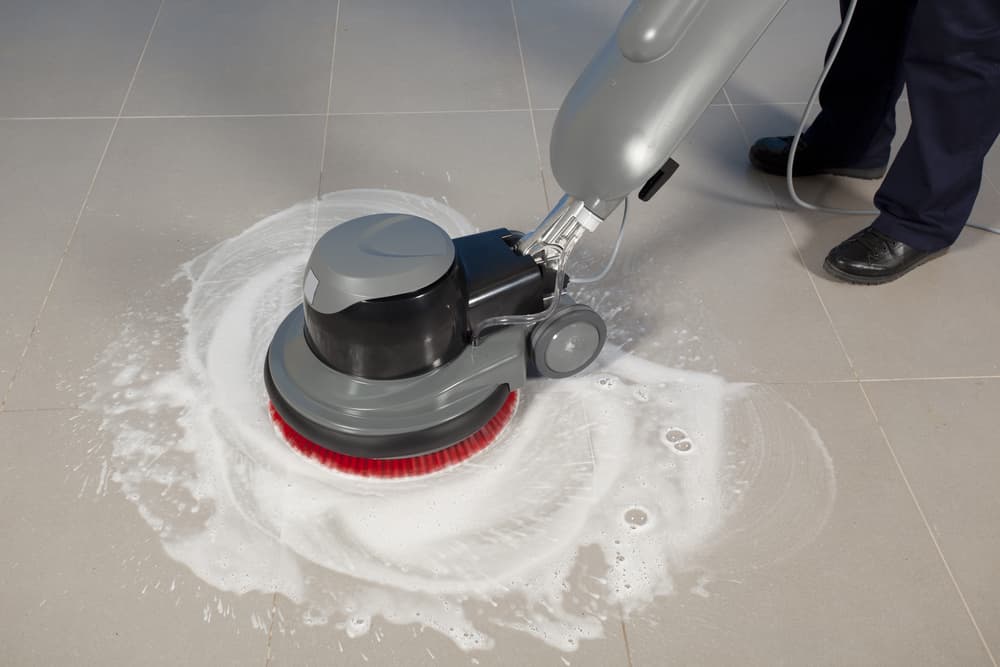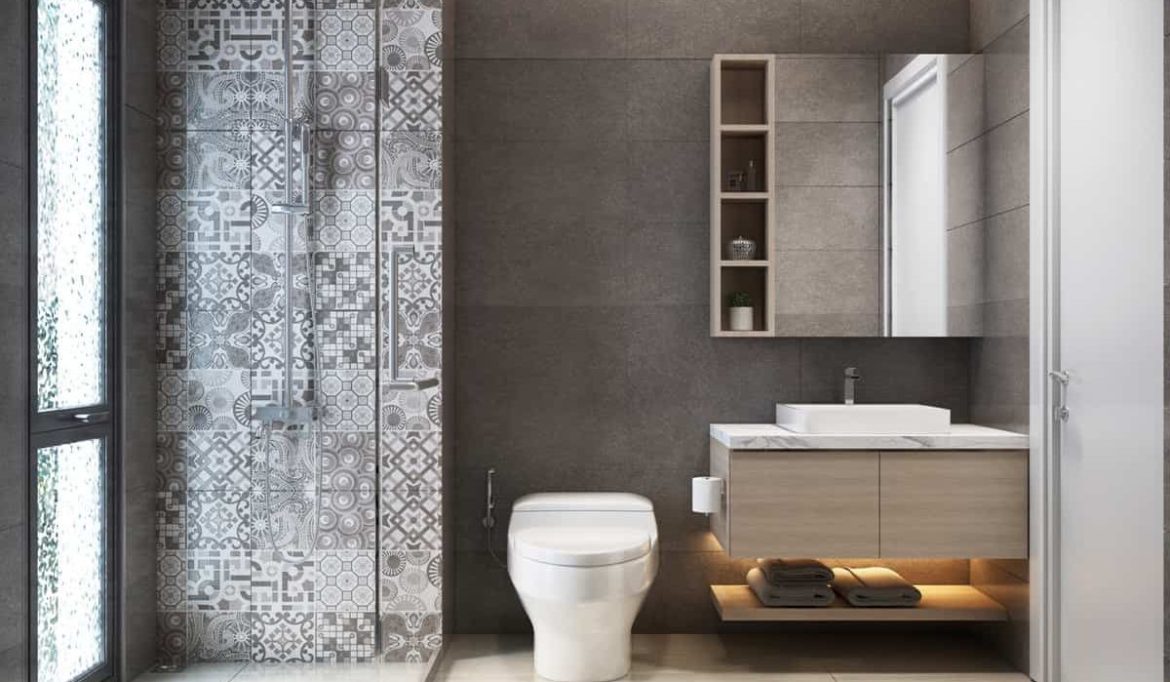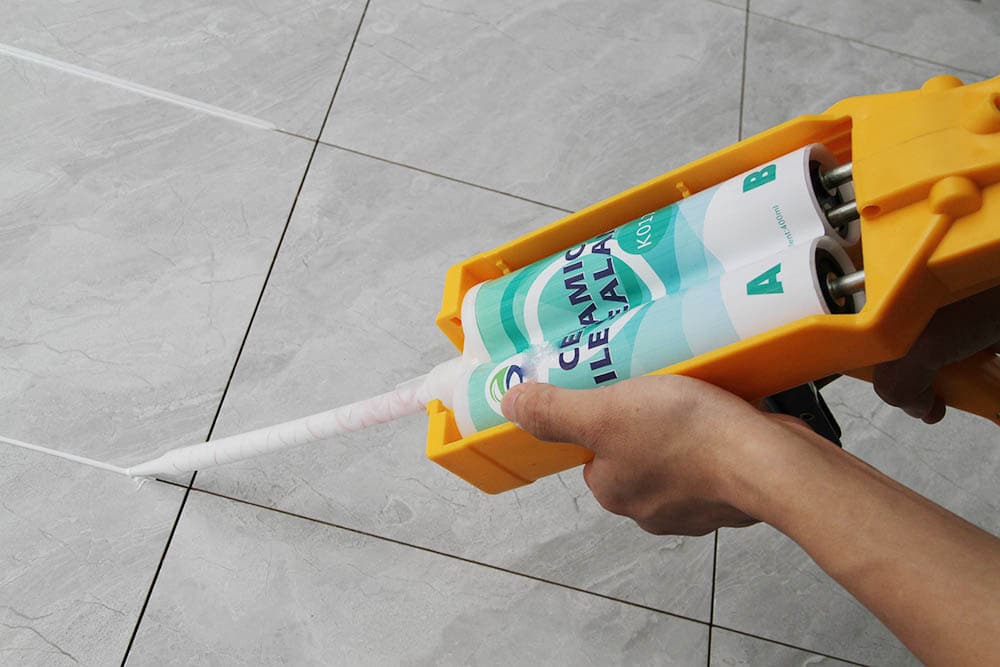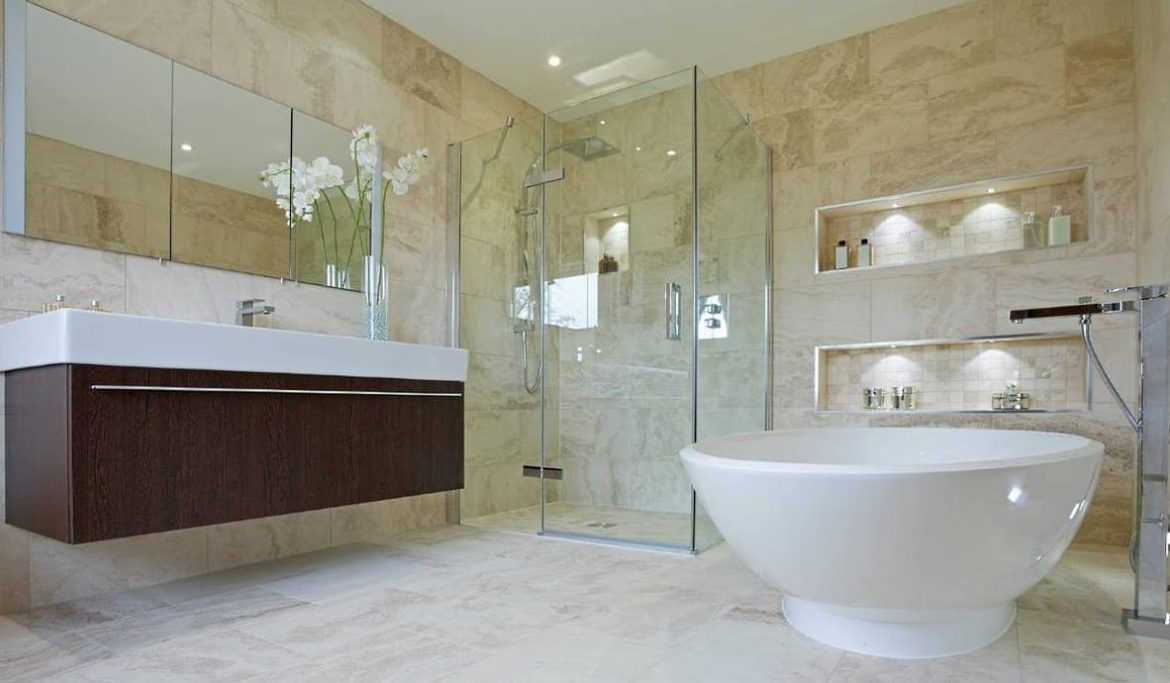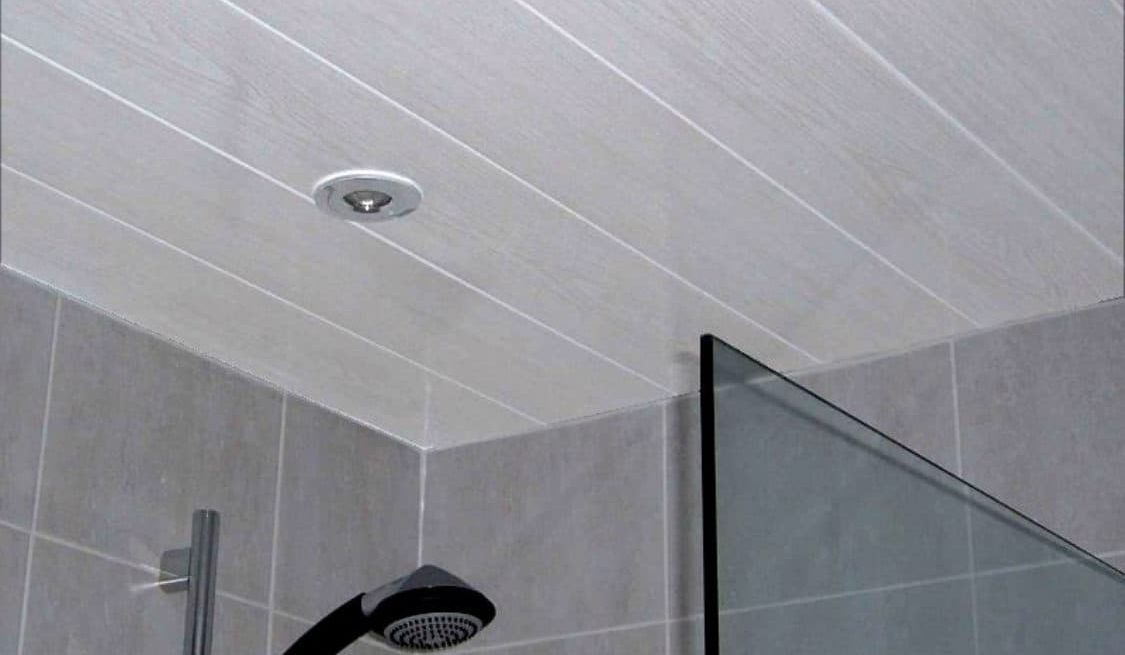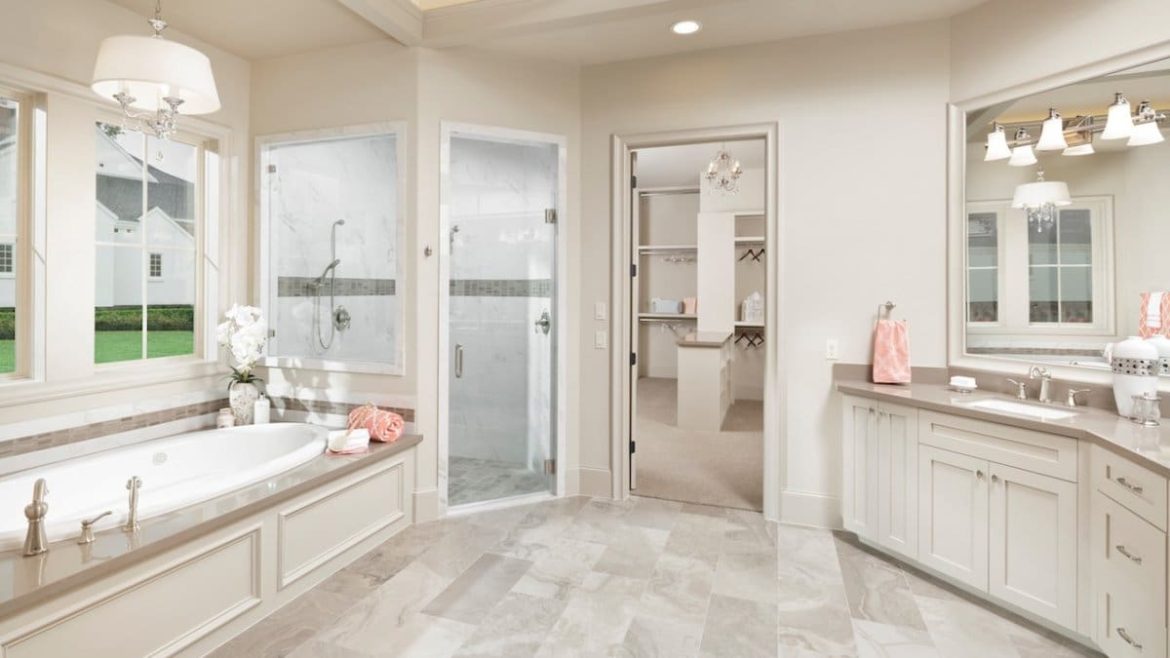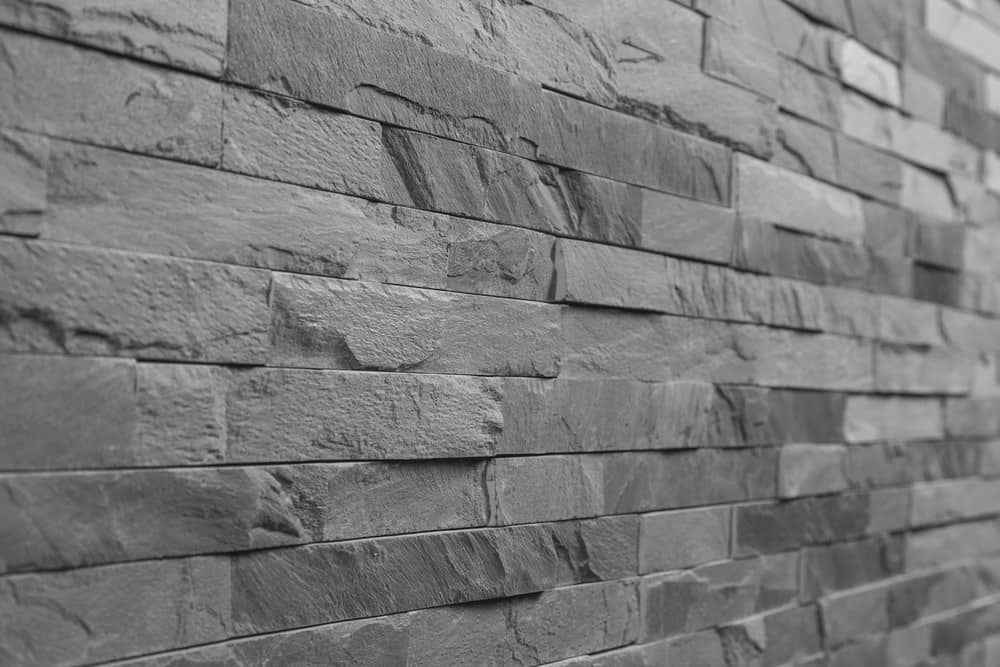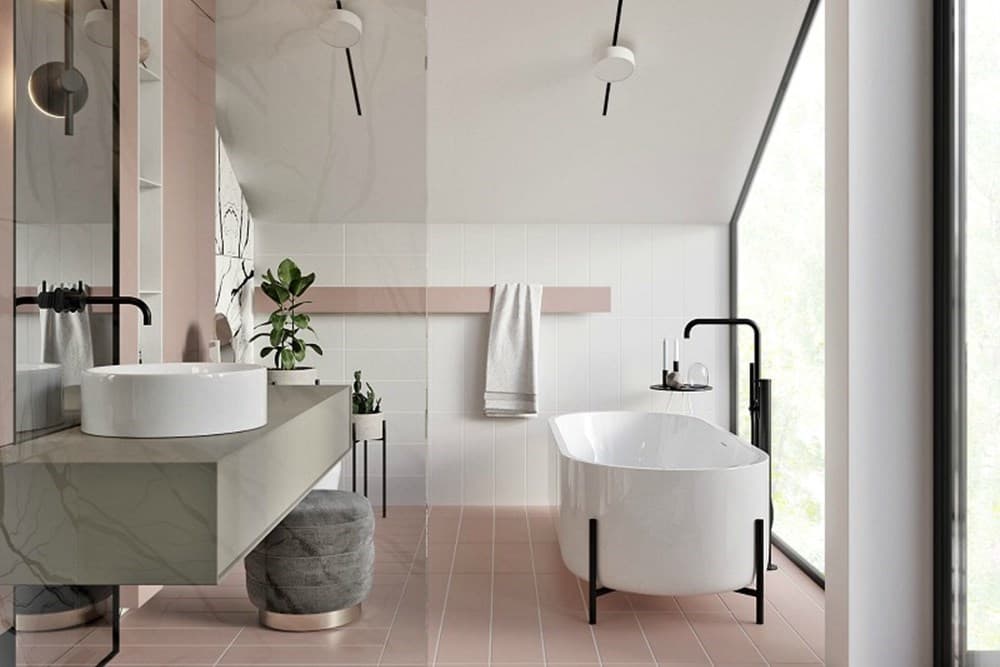Tile adhesive for porcelain tiles | Buy at a cheap price
Choosing the correct tile adhesive is just as important as selecting the ideal porcelain tiles for the project
The purpose of the adhesive is to adhere the base of the tile to the setting bed, a flat surface
In recent years, adhesives have substantially improved, making it easier for amateurs to install tile without employing a professional
Organic mastics and thin-set mortar are the most often used materials, but latex, acrylic, and epoxy are rarely utilized
The first step in picking a tile adhesive is considering the sort of installation necessary for the job
In addition to other considerations, a tile installer must consider whether the tile will be installed indoors or outside, on the wall or the floor, and in a wet or dry environment
Additionally, the installer must consider the setting bed that will be employed, such as drywall, concrete, plywood, or backer board
Organic mastics are one of the most frequently utilized groups of adhesives
They are commonly purchased because they do not require mixing and prevent wall tiles from slipping
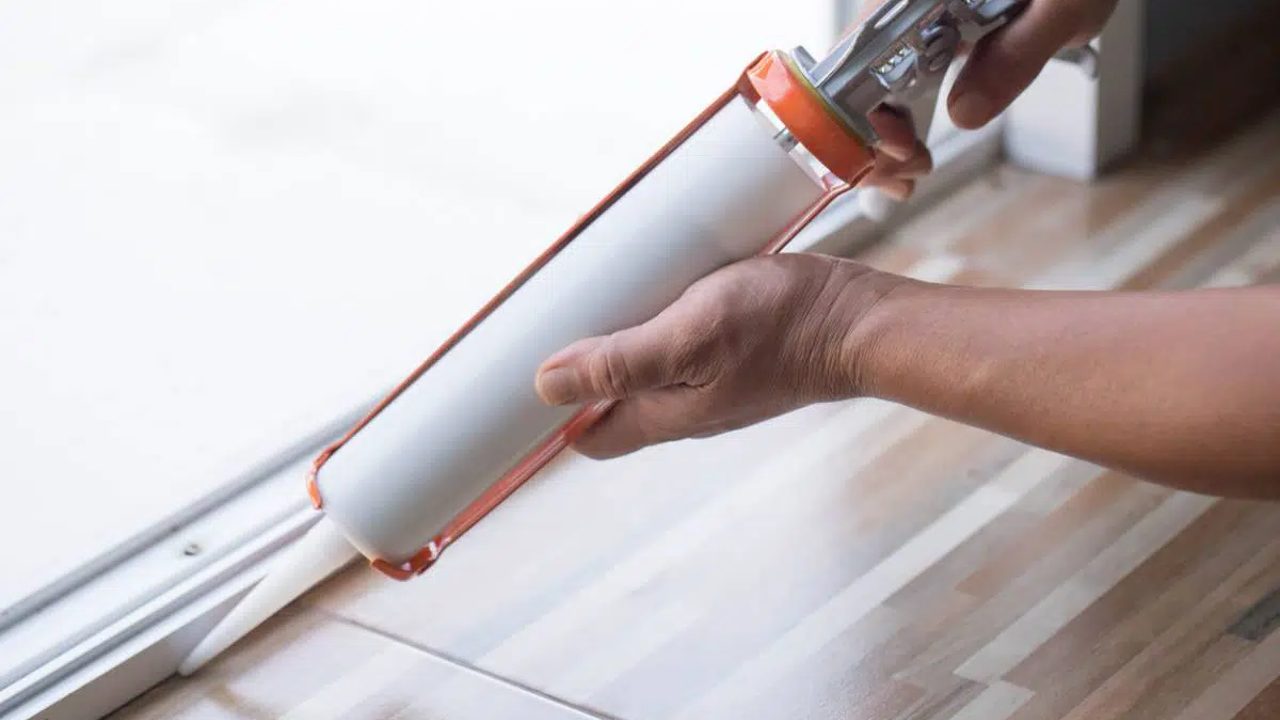
However, users must be mindful of where the tiles will be put, as this type of adhesive should not be used for tiles installed outside the home or in hot regions
Thin-set mortar is the second most often used kind
It is frequently mixed by the tile layer, and it provides higher flexibility and bonding strength than organic mastics
The tile is coated with a thin layer of this adhesive, often no thicker than 0
1875 inches (4
76 mm)
Because they are available in such a wide variety, it is simple to choose the perfect thin-set mortar for nearly any project
Thin-set mortar consists of dry-set mortar and mortar mixed with water
It is composed of Portland cement, sand, and something that prevents water from seeping through
This beneficial cement, which aids in the hydration of the adhesive, is mixed with water
In the tile industry, it is the favored adhesive
Both acrylic-mixed mortar and latex mortar contain additives that enhance adhesion and limit water absorption, making them suitable for both wet and dry applications
Epoxy mortar is comprised of sand, cement, resins, and hardeners; it is more costly than the bulk of other tile adhesives
It is a good alternative when the setting bed is incompatible with less costly adhesives
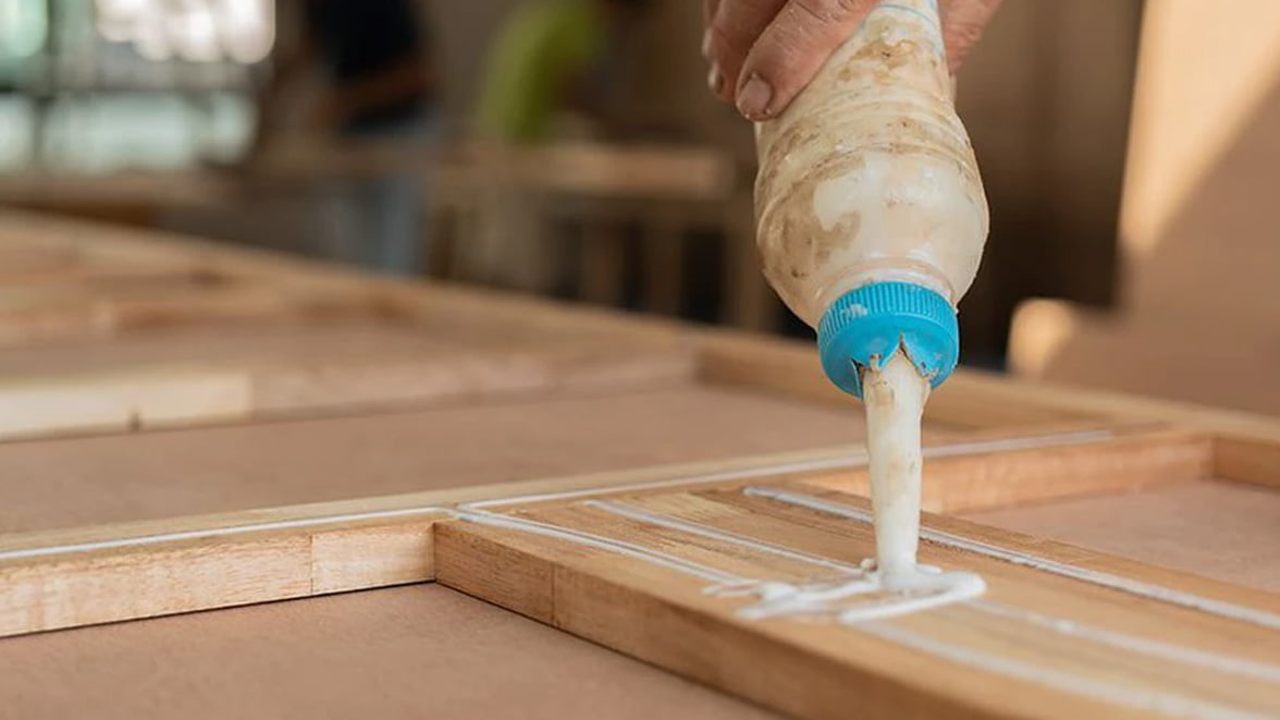
Medium-bed mortar, the strongest option, is applied thicker than the others at 0
25 inches (6
35 millimeters), making it perfect for handcrafted tiles or tiles with uneven backs
If you follow the fundamental tile adhesive principles and ask plenty of questions at the home improvement store, selecting the proper type should be straightforward
Before making a purchase, consumers must read the instructions for each adhesive
Some adhesives may adhere more firmly, dry more rapidly, be more water-resistant, and shrink less than others
The most difficult component of laying a new floor is selecting the appropriate tiles to create the desired aesthetic
The easiest aspect of the assignment is its actual fulfillment
With the guidance of trained professionals like those at our Ceramic tile company, you will be well on your way to building the best installation for your home
If you wish to perform your own tile installation, it is essential to use suitable adhesives
Tile adhesive is the material that adheres tiles to a wall or floor
For varied substrates, certain mortar (adhesive) types are required
Generally, it is advisable to deal with an expert while managing tiles
Using our suggestions as a starting point, selecting tile adhesive on your own might be a pleasant experience
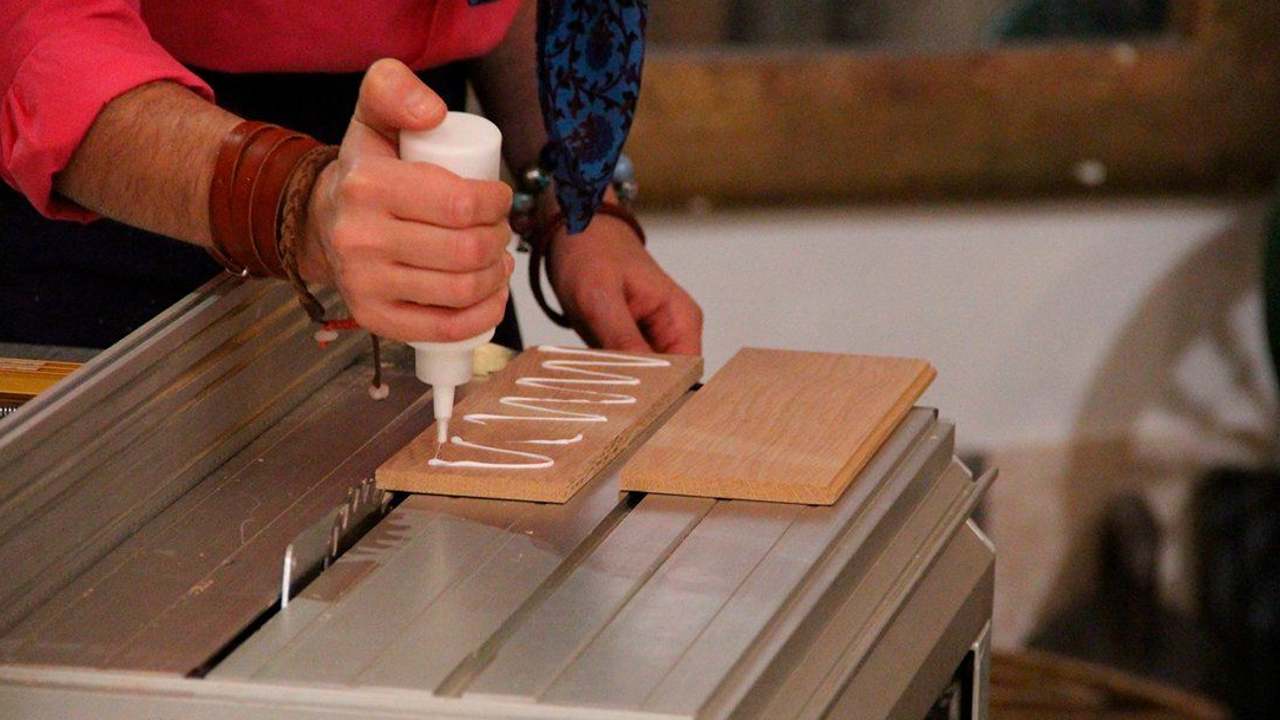
There are two forms of tile adhesive: powder and paste which have been pre-mixed
Even though they are pre-blended, they are exclusively intended for use with little ceramic wall tiles
Any form of tile may be attached with powder tile adhesives, which require mixing prior to application
Only powdered adhesives should be used on porcelain tiles
Any surface to which they are placed will have firmly adhered as a consequence
Most powdered adhesives are grey or white in color
However, certain specialist companies may provide more hues
Having underfloor heating beneath your porcelain tiles may cause the subfloor to shift somewhat
A high-quality tile adhesive will help reduce the tension caused by subfloor movement on the tiles
Any porcelain tile powder glue will be graded
Once established, those with scores of “S1” are stiffer, whilst those with scores of “S2” are slightly more flexible
Installing porcelain tile in high-traffic areas requires the use of a “S2”-certified powdered tile adhesive
You may use S1-grade adhesives in decorative areas of your home or in areas with less foot traffic
Powdered adhesives are diluted with water before to use
This allows them to excel in installing porcelain tiles
They are exclusively available in grey and white
Therefore, when selecting an adhesive, choose one that more closely matches the color of your grout
Use a tile backer board with a 20mm thickness if you wish to attach your porcelain tiles to the wall
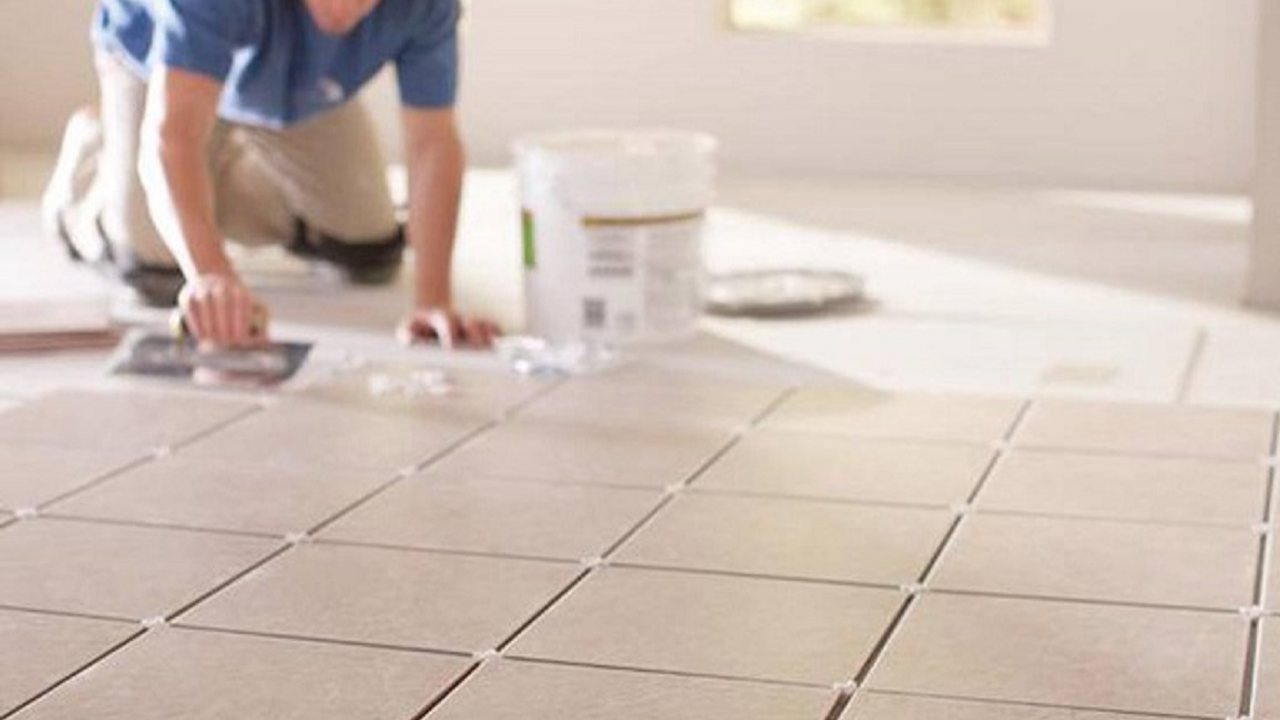
This may be attached directly to the studs without needing a plasterboard
Required use of powder glue
Use a thinner backer board before applying tile adhesive to previously plastered walls
If you use a primer prior to applying your tile adhesive, you can install new porcelain tile directly over previously placed tile
It is essential to have a well-prepared surface in order to install porcelain tile properly
It should be sturdy, level, and organized
On a flat, dust- and moisture-free surface, the tile glue can form a strong bond
Utilizing a powder-based tile adhesive, ensure that the coverage is consistent and reaches over the whole surface
This will prevent future breakage of the tile
Moreover, it will help prevent moisture from infiltrating the base layer
Wait until the tile mortar has completely cured and hardened before applying pressure to the tiles
Consequently, you must delay before applying grout
Ceramic and porcelain tiles differ greatly due to the fact that ceramic tiles are often more porous
In addition to having a rougher back, ceramic tiles also have a lower density and a higher water absorption rate than their porcelain counterparts
Ceramic tiles frequently face greater rates of heat expansion and contraction and irreversible moisture expansion than porcelain tiles
Due to these differences, tile adhesives must own properties specific to the type of tile being installed, as well as account for the tile’s movement and related stress
In general, a larger tile will necessitate a tile adhesive that is more robust due to the fact that a larger tile will physically modify dimensions more severely
If you need any tile adhesive for your tiling project, contact our sales managers and receive the best quality products

